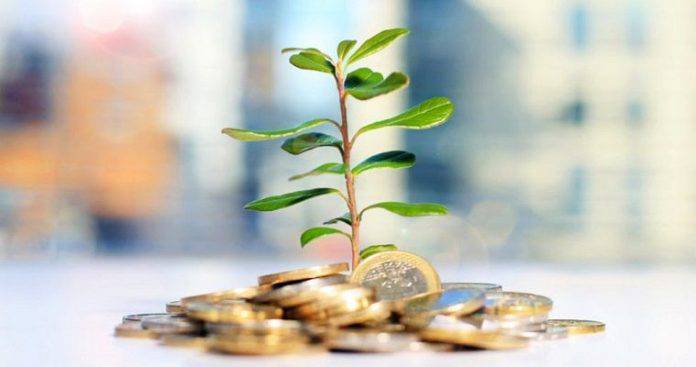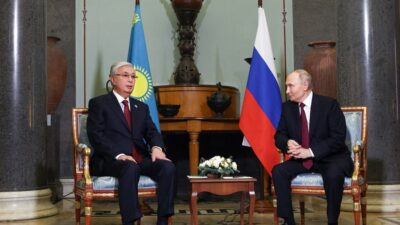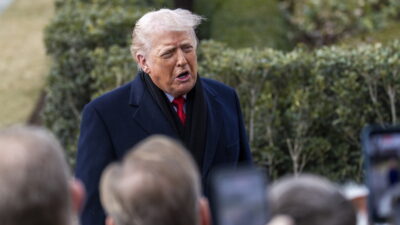Kostas Melas: The Greek economy: Everyting is changing, but all remains the same
19/09/2020
Behind the loud cries, the big words, the fancy expressions, the pompous slogans that the Greek economy is changing, there seems to be a deliberate (or even unintentional) concealment of reality. A closer look reveals with ease that the much-publicized “new” economic model, which is slowly being unveiled, is almost indistinguishable from the old one.
Caution. This does not mean that not much has changed with the memoranda! And this exactly happened, they changed to stay the same, as Prince di Lambedusa typically says, or “everything changes and everything stays the same”, as the folk song says. The “new” economic reality, supposedly built by the adjustment programs, is a copy of the old.
The main change that has taken place in the last decade concerns the shift of the axis of economic policy towards fiscal adjustment, in line with the memorandum specifications. Also, according to the framework of the European Governance, as it is valid from 1-1-2014. The pandemic has temporarily put the rules on ice, but they will return to normal and even worse conditions. There are, of course, funds from the Recovery Fund, but that is another discussion.
The shift that occurred with the memoranda is the institutional-macroeconomic framework, within which the new development model is called to be created. Rather, it is the framework that seeks to impose the conditions for the creation of the new development model. It does not, in the general sense, simply include international restrictions. It is also the operating framework of the economy that is not capable of flexibility and adaptability.
The destruction of productive potential
Budgetary constraints – with the exception of the pandemic emergency – are the weighty side of the framework, almost completely preventing Keynesian weighted interventionist policies. This is a world first after the great crisis of 1929. In simple words, this meant for the Greek economy:
- First, the creation of continuous high primary surpluses, which will flow from the income circuit, in order to deal with public debt.
- Second, a balanced current account.
- Third, the growth of the economy is left to investment and exports.
- Fourth, unemployment will only be reduced by creating new jobs from private sector investment.
We do not need to put the above positions under the torment of theoretical criticism. It is the evolution of reality itself that first gives answers. The changes that have taken place (the famous reforms) have completely changed the institutional framework that governs all relations, which refer to the economic process.
The specific reforms caused huge costs to the Greek economy with the destruction of productive potential (closure or underemployment of corporate productive capacity, high unemployment, etc.). Although the opportunity cost paid is too high and catastrophic, one could consider it – with great tolerance – as a cost of creative destruction. But even this can not be supported by the result.
The Greek economy is adhering to the old model
The institutional framework governing product markets, the labor market, investment-savings markets and money markets has changed completely. The aim of all these changes is the emergence of a qualitatively different economic model, which will be based on “new entrepreneurship”, “extroversion”, “integration of new high-tech technologies”, but also the transformation of existing production units into fully competitive entities vis-a-vis international competition.
This means that before the pandemic, clear signs of this qualitative change in the productive model should be detected, both microeconomically (ie in the business environment) and macroeconomically. Strengthening of the extroverted sectors, increase of exports with a clear change in the mix of exported products (new products, products of higher integrated technology, higher added value, etc.) should be detected.
Despite the persistent efforts of all the governments of the last decade (with the contribution of the media) to convince the public as tothe truth of the matter, to date there is nothing that deserves to be considered important. Individual efforts are made, as always in Greece, but precisely because they are individual they do not acquire the dynamics that they could in a different environment. The Greek economy continues to produce the same product basket in all three sectors.
Uncertainty drives away investment
It is not news that the change of the production base needs to be extended to modern technology innovative products, which can be provided mainly through multinational companies and Foreign Direct Investments. In fact, the bulk of these investments are made between developed countries.
The importance of this fact is great, because the degree of spread of new technologies is a means of modernizing an economy. The countries where Foreign Direct Investment is directed with integrated high technology dot not offer low labor costs. They are highly productive and usually have high quality human capital.
Unfortunately, in Greece these investments are a rare species throughout the post-junta (after 1974) period. In other words, this is a great historical period, which clearly leaves traces of doubt about future developments. It is no coincidence that the Bank of Greece underlines, in an apt manner, that a key uncertainty about future developments is “the realization of the intentions of multinational companies for productive investments in Greece.” That is, nothing is certain about new investments in the Greek economy.
The key is Foreign Direct Investment
On the contrary, we see the pattern of portfolio inflows being repeated in exactly the same way. That is, short-term capital, which does not stay put, nor does it contain any technology to influence the change of the productive base. These investments are once again focused on the financial sector.
Just a few words about the enormous importance of Foreign Direct Investment in the economic model that follows: these investments, as a consequence of privatizations, essentially replace the public investments of the Keynesian model. The latter, as is well known, pave the way for the recovery of the economy, mainly through the creation of positive expectations for the economy. At the same time, they reduce the cost of infrastructure for private investment, making it easier to attract.
Foreign Direct Investments in the neoclassical model have the same role. The main difference is that Foreign Direct Investment, because it is a consequence of market forces, contains a great deal of uncertainty as to the possibility of their realization. In other words, in the case of the Greek economy, the crucial question is whether they will come. At the moment, however, they are useless and this was true after the pandemic. What must the government do to attract them? The Prime Minister and the relevant ministers must finally respond.





